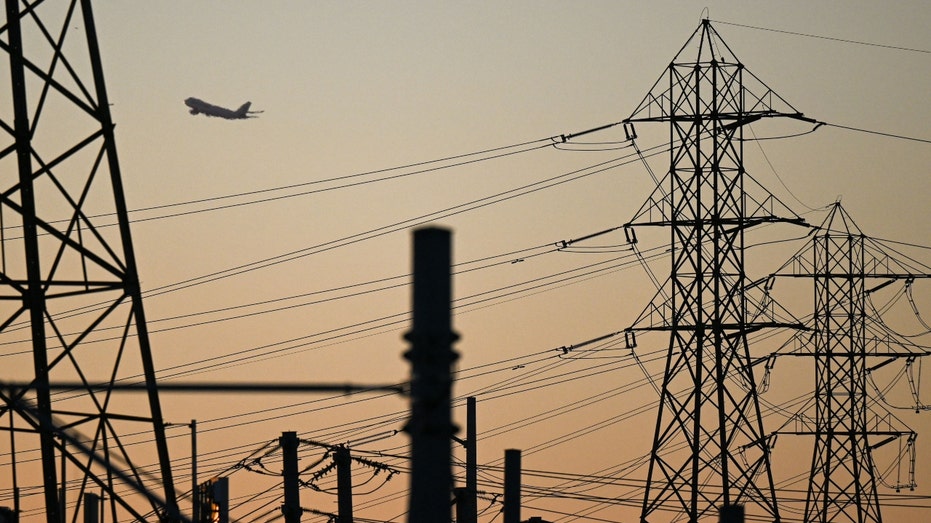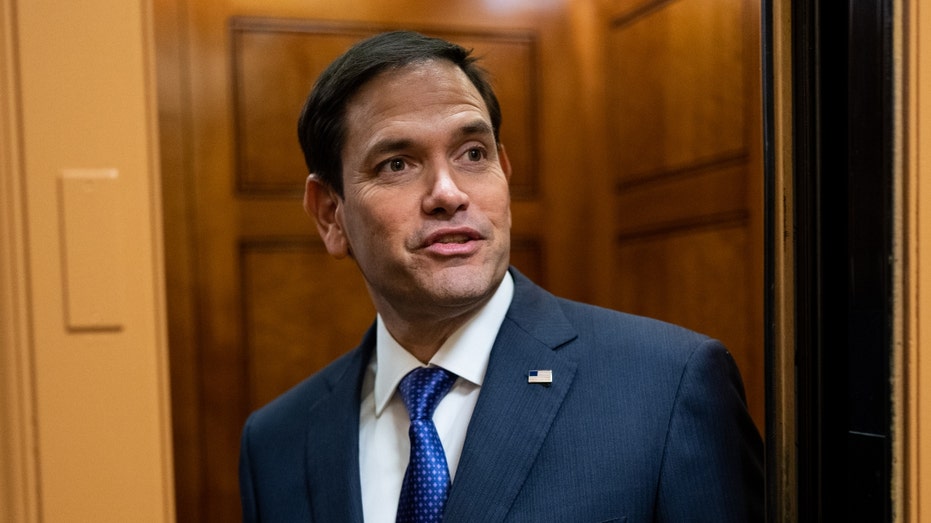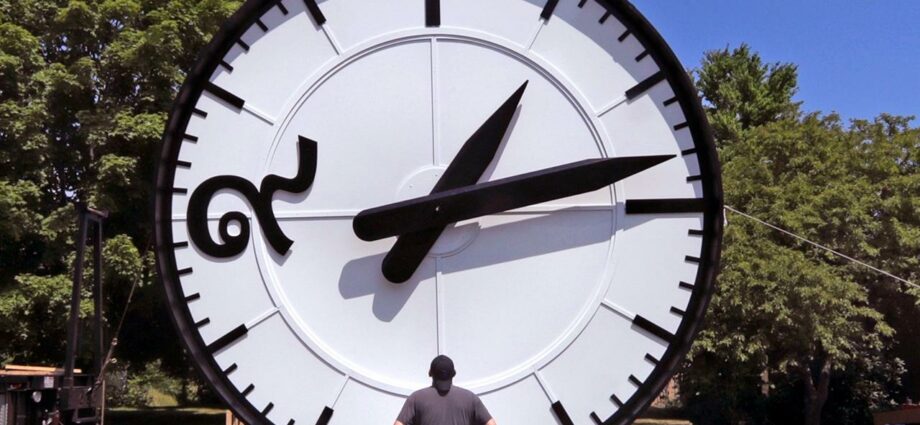What’s the ‘cost’ of daylight saving time?
Panel on daylight saving time.
While much of the analysis surrounding America's twice-a-year clock changes covers the health effects of daylight saving time – which includes a higher risk of cardiac issues amid disrupted sleep schedules – the economic toll hasn't received as much focus.
But research indicates that DST's adverse impacts on the money side of things are very real, and the evidence is growing.
A recent study found that investment professionals are slower to act on earnings news the week after the spring time change. (Courtney Crow/New York Stock Exchange via AP) / Associated Press) A study published last year by researchers from several business schools found that investors and capital market participants are slower to respond to accounting reports in the week after we "spring forward" – which falls smack in the middle of earnings season. "These results are strongest among firms with investors who are more likely to be trading on earnings news and among firms with a less sophisticated investor base," the authors wrote. "Further analysis reveals that our main results are driven by muted reactions to positive earnings surprises, consistent with cognitive impairment and investor pessimism jointly underlying the diminished market response to earnings news." FOUR-DAY WORKWEEK GAINING STEAM, RESTAURANT, MANUFACTURING INDUSTRIES SAY IT DOESN'T WORK Another set of business school researchers found that on the Monday following DST, there is a rise in workplace injuries. Not only that, the injuries were more severe (measured by days of work lost due to the injuries), which surged by 67%. A subsequent study discovered that on the Monday after DST there is a sharp uptick in "cyberloafing," the practice of employees scrolling the internet for non-work-related activities. DST is linked to a decrease in worker productivity due to several factors, including fatigue. (iStock / iStock) There is also evidence the time change leads to an increase in heart attacks, strokes, and depression, leading to an increase in health care costs. Even commuting becomes more treacherous and expensive, given DST has been linked to spikes in car accidents. YOU CAN'T FIRE THEM, THEY QUIT And while DST has been touted as an energy-saving move, a 2008 study by the National Bureau of Economic Research found that DST actually led to a 1% increase in residential energy consumption by consumers in Indiana – costing households in the state an extra $9 million on their electric bills and resulting in another estimated $1.7 to $5.5 million in "social costs of increased pollution emissions." An aircraft takes off from Los Angeles International Airport (LAX) behind electric power lines on August 31, 2022. DST has been linked to higher energy use by consumers and hundreds of millions of dollars in costs to airlines annually. ((Photo by Patrick T. FALLON / AFP) (Photo by PATRICK T. FALLON/AFP via Getty Images) / Getty Images) The actual dollar amount of the collective impact of these factors is tough to pin down, but a Chmura Economics & Analytics study from a decade ago found that the springtime change cost the U.S. economy more than $433 million. As of 2021, Manhattan Institute senior fellow Allison Schrager reported that DST cost the airline industry alone hundreds of millions of dollars. HOUSE REPUBLICANS PROPOSE MAJOR ENERGY AND PERMITTING REFORM PACKAGE As the evidence grows showing DST's negative impacts on Americans' health and the economy, momentum is building in Congress to scrap the time change altogether. Sen. Marco Rubio, R-Fla., stops to talk to reporters as he arrives in the Capitol from the Senate subway on Wednesday, January 25, 2023. The senator has reintroduced legislation that would do away with DST. ((Bill Clark/CQ-Roll Call, Inc via Getty Images) / Getty Images) Sen. Marco Rubio, R-Fla., has been leading a bipartisan coalition to get rid of DST, and his "Sunshine Protection Act" eliminating the time change passed the upper chamber by unanimous consent last year. The House never took it up, but lawmakers are giving it another go. Rubio reintroduced his legislation last week backed by several senators from both sides of the political aisle, and Rep. Vern Buchanan, R-Fla., filed a companion bill in the House. GET FOX BUSINESS ON THE GO BY CLICKING HERE "This ritual of changing time twice a year is stupid," Rubio said in a statement. "Locking the clock has overwhelming bipartisan and popular support. This Congress, I hope that we can finally get this done." Source: Read Full Article




